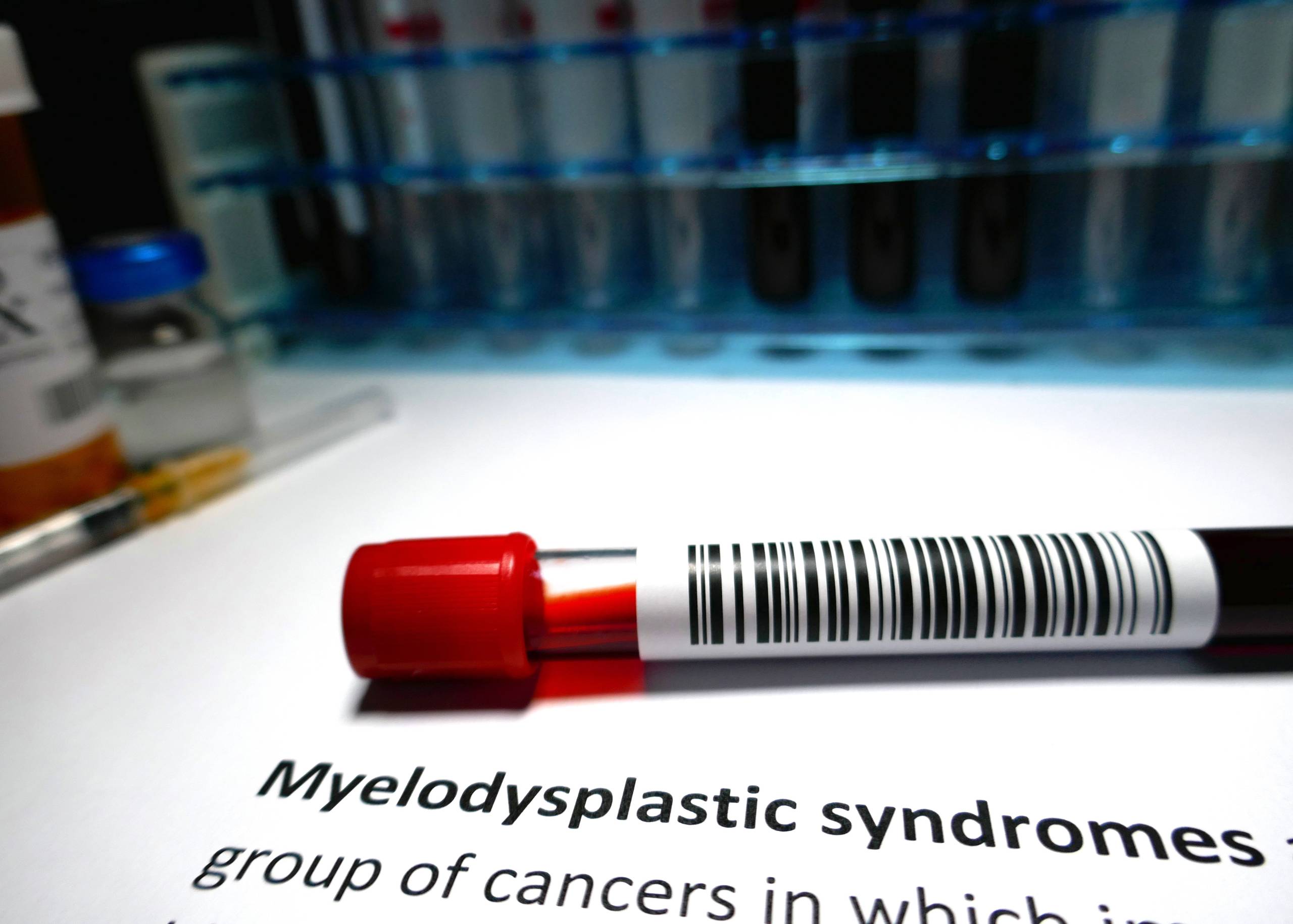Myelodysplastic syndromes (MDS) are a group of conditions that affect the blood and bone marrow. They are characterized by abnormal production of blood cells (myeloid cells), which can decrease the number or function of red blood cells, white blood cells, and platelets. MDS usually develops slowly over time and may progress to acute myeloid leukemia (AML).
What are the Symptoms of Myelodysplastic Syndromes?
The symptoms of MDS can vary from person to person and may not be present in all patients with this condition. Some of the most common symptoms include:
- Feeling tired or short of breath
- Feeling weak or dizzy
- Bleeding or bruising more easily than normal
- Pain in your bones or joints
- Feeling itchy or tingling sensations in your arms or legs
- Feeling like you have a fever
What are the Types of Myelodysplastic Syndromes?
- Acute Myeloid Leukemia, or AML, is the most common type of myelodysplastic syndrome. It occurs when the bone marrow produces too many immature white blood cells, which can cause infections, anemia, and bleeding disorders. The leukemia cells can also spread to other parts of your body.
- Chronic Myelogenous Leukemia (CML)—This type of leukemia affects older adults but is not as common as AML. CML causes abnormal growth of white blood cells in the bone marrow. If untreated for a long time, it can progress into acute leukemia or another form of cancer called acute promyelocytic leukemia (APL).
- Juvenile Myelomonocytic Leukemia (JMML)—This form affects children under age 20. It is less likely than other types of myelodysplastic syndrome to be inherited from your parents’ genes because it usually appears without warning during childhood or adolescence without any family history of JMML or other medical conditions.
What is the Cause of Myelodysplastic Syndromes?
The cause of MDS is unknown. It can develop in people who have had previous radiation or chemotherapy treatment. Other risk factors include aging, having a family history of MDS, being exposed to certain chemicals or drugs, and having certain genetic conditions.
How is it Diagnosed?
Myelodysplastic Syndromes can be diagnosed by a number of different methods, including:
Blood tests: These are used to measure red blood cell counts and the number of platelets in the body. They may also check for white blood cells and other markers that can signal disease.
Bone marrow biopsy: A small amount of bone marrow is extracted from your hip bone, which is then examined under a microscope. If your bone marrow is unhealthy, it will show signs of myelodysplastic syndrome.
Lumbar puncture: This test involves inserting a needle into your spine to collect cerebrospinal fluid, which surrounds the brain and spinal cord. The fluid can be tested for signs of leukemia or other cancers in addition to myelodysplastic syndromes.
How is it Treated?
Myelodysplastic syndromes are treated with a combination of chemotherapy, radiation therapy, and bone marrow transplantation. The goal is to slow down or stop the progression of this disease.
Chemotherapy is often used to treat myelodysplastic syndromes. This type of treatment involves using certain drugs to kill cancer cells and shrink tumors. These drugs are typically taken by mouth or injected into a vein (IV). Some chemotherapy drugs can be given through an IV in your arm or hand before you go home from the hospital or doctor’s office after surgery to remove your spleen. Radiation therapy may also be used to treat this condition.
Radiation therapy is a cancer treatment that uses high-energy x-rays or other types of radiation to destroy cancer cells and keep them from growing back (recurring).
If these treatments don’t work, you may need a bone marrow transplantation. A bone marrow transplantation replaces damaged bone marrow with healthy bone marrow that contains normal blood cells.
Hematologists and Bone Marrow Transplantation experts at Burjeel Medical City, Abu Dhabi, treat Myelodysplastic Syndromes with the latest medical advancements







